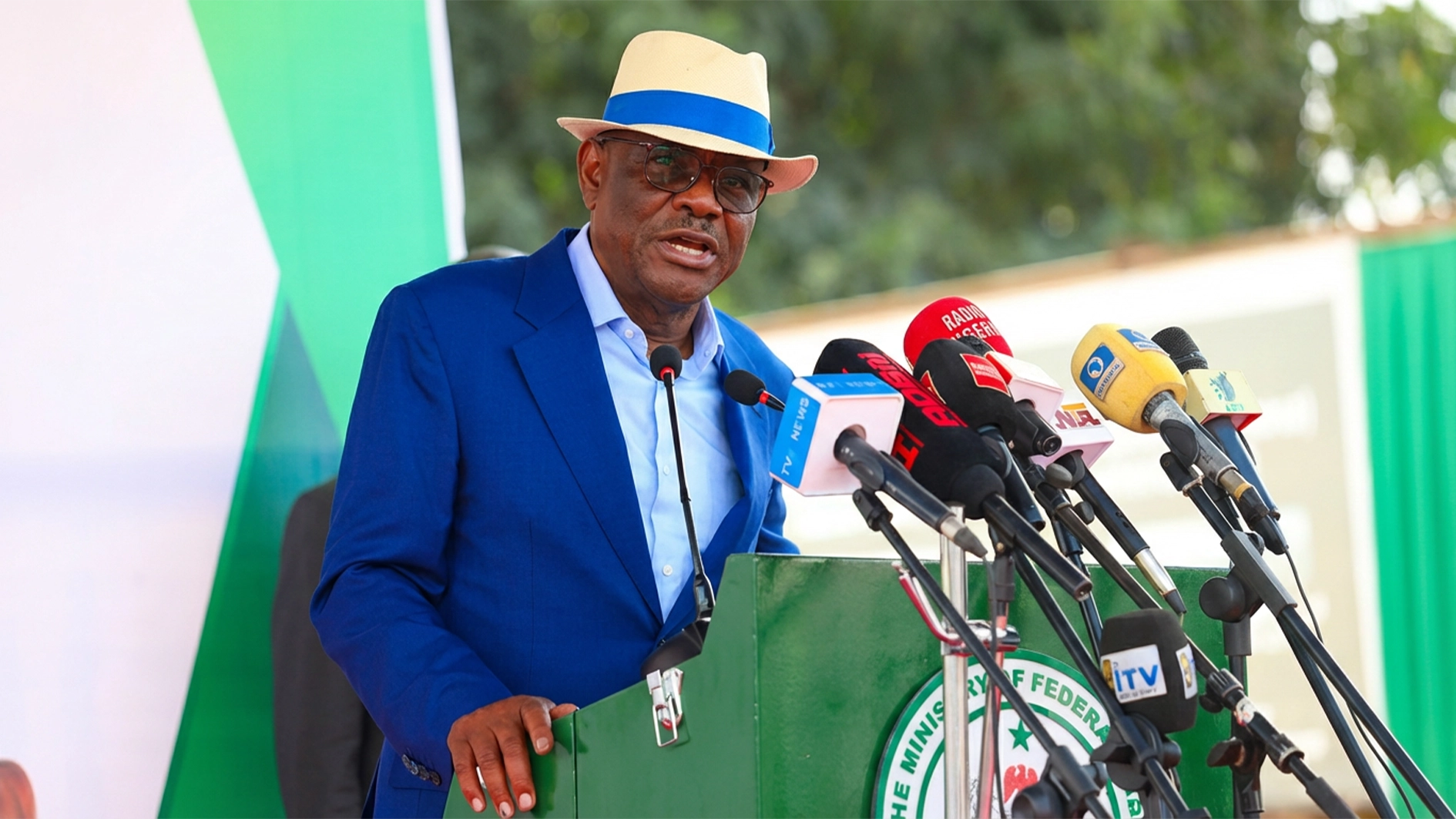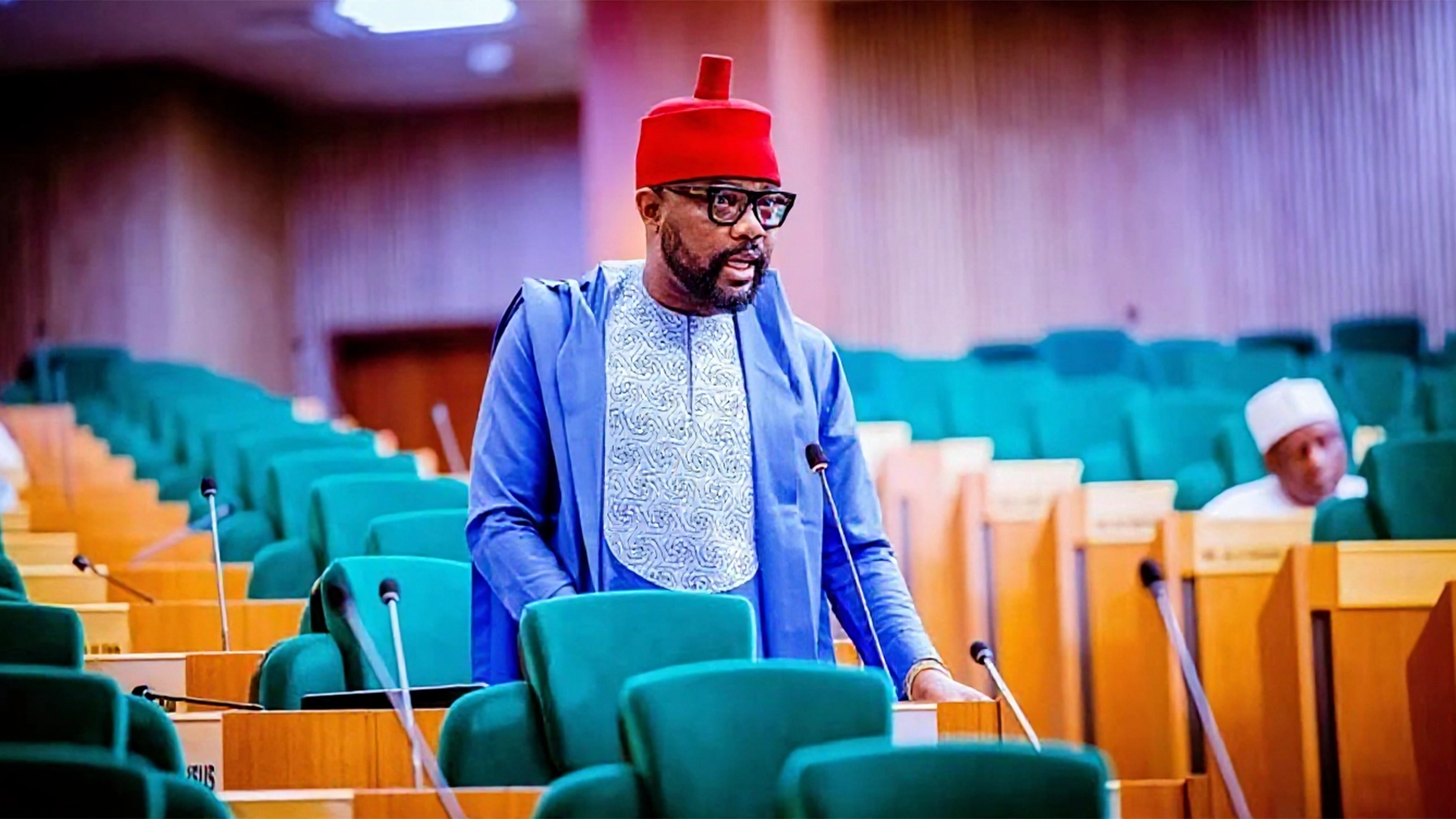
Nigeria, through the Nigerian Upstream Petroleum Regulatory Commission (NUPRC), yesterday, deployed an Upstream Petroleum Decarbonisation Template (UPDT) that will enforce stringent environmental rules on oil companies in the country.
The mandatory decarbonisation initiative aimed at ensuring that international oil companies (IOCs) and indigenous oil operators align with the nation’s net-zero goals, will see all operators in the upstream segment of the oil industry establish measurable, time-bound greenhouse gas reduction targets aligned with Nigeria’s climate goals.
The move will also enforce compliance with the 2023 Gas Flaring, Venting and Methane Emissions Regulations to eliminate routine flaring and venting, while compelling oil companies to implement methane management programmes, including leak detection and repair, and optimise operations using energy-efficient technologies.
In a policy document shared by the NUPRC and signed by the Chief Executive Officer, the oil companies will be forced to integrate renewable energy sources into projects and operations and also develop carbon management initiatives such as Carbon Capture and Storage (CCS), nature-based solutions, and carbon offset projects.
This regulatory shift is designed to integrate decarbonisation strategies into core operations, including Field Development Plans (FDPs), drilling, rig operations, and project engineering. The NUPRC aims to align Nigeria’s upstream oil and gas industry with global energy transition imperatives and achieve the country’s commitment to net-zero emissions by 2060.
NUPRC stated that the measures were not intended to be regulatory hurdles but tools to enhance the sector’s environmental credentials. This, in turn, is expected to attract sustainable energy investments and maintain Nigeria’s competitiveness in global energy markets.
“By embedding sustainability at the core of upstream operations, the commission aims to ensure continued access to project funding amid the global shift towards low-carbon energy solutions,” the NUPRC explained.
The regulator also emphasised its commitment to supporting operators through technical guidance and capacity-building initiatives, starting with an industry-wide decarbonisation workshop in the first quarter of 2025.
The UPDT builds on the “Regulatory Framework for Energy Transition, Decarbonisation, and Carbon Monetisation,” introduced in 2023 as part of the commission’s Seven-Pillar strategy. These pillars focus on reducing greenhouse gas emissions, adopting low-carbon technologies, and incorporating renewable energy solutions in upstream oil and gas operations.
NUPRC called on stakeholders to adopt the UPDT as a pathway to achieving operational excellence, regulatory compliance, and sustainability while addressing financing challenges associated with the global energy transition.
“With these efforts, we aim to secure Nigeria’s position as a leader in global energy while contributing meaningfully to international climate action in a just, equitable and balanced manner,” the commission stated.






